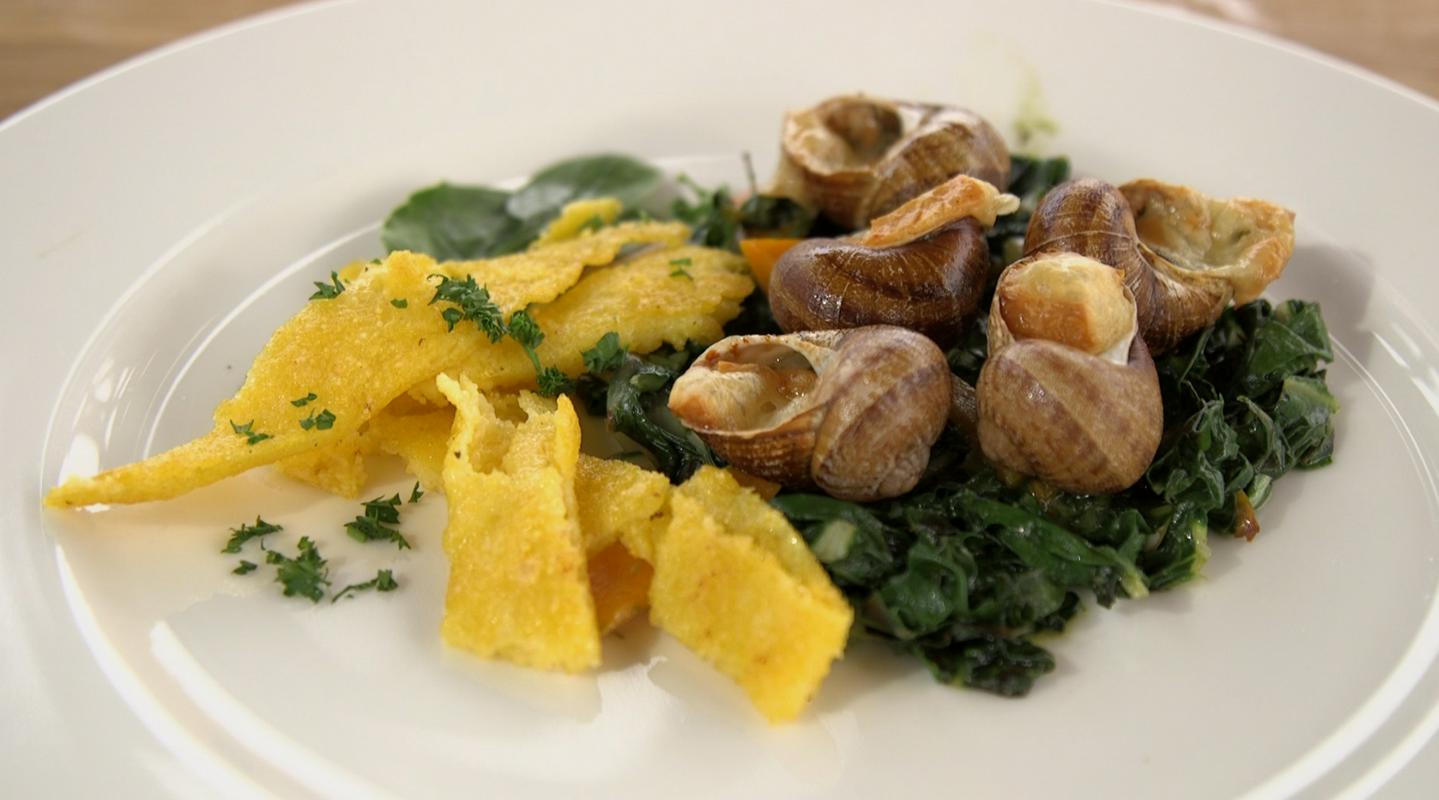
The onetime Ebenspanger house in Ljubljana’s villa district may not attract excessive attention at first glance, but it has long served as an unofficial focal point for Slovenian cultural life.
Before World War II, the house belonged to the Jewish Ebenspanger family. Its members perished in the Holocaust, and after the war, the villa was briefly used by the Communist elite. It later became the headquarters of the Slovenian chapter of the global writers association known as PEN International. In 1987, the PEN Club restaurant - a modest, unfashionable affair - was taken over by an unlikely couple, Marjan Miklič and Oli Kegelmann, and a legend was born.
The couple met in Germany, where Miklič had worked in a mine. He met Oli, married her, and the newlyweds opened a restaurant in Dusseldorf. Miklič felt homesick, however, and in 1967 he persuaded his wife to move to Slovenia with him and open a restaurant in the PEN building.
Their PEN Club restaurant - quickly dubbed Miki’s (“Pri Mikiju”) - was an immediate success. It served German-inspired dishes, which were prepared by the couple and used high-quality ingredients. In an era of Socialist austerity, Marjan and Oli Miklič frequently traveled to Trieste in Italy and Klagenfurt in Austria to do their shopping, and the restaurant was known serving fresh vegetables in the middle of the winter – then a rare treat in grey Ljubljana. Because of Marjan Miklič’s intense passion for the restaurant and his guests, some consider him Slovenia’s first modern restauranteur.
Most of all, Miki’s became one of Ljubljana’s premier meeting places, a veritable who-is-who of local cultural circles - much like the famed Les Deux Magots in Paris. Artists, journalists, politicians, actors, foreign diplomats, and others embraced its relaxed-yet-sophisticated atmosphere and spent hours debating, philosophizing, falling in love, or just passing the time, in many cases until the early morning, when the restaurant finally shut its doors. When editors from the central office of the daily Delo needed to contact their journalists after the evening deadline, they just dialed the restaurant’s phone number. For years, actors and directors also came to Miki’s to discuss their performance after every premiere.
Leading cultural figures such as Josip Vidmar - who had his own table - and Boris Pahor were mainstays as Miki’s. It was a popular meeting place for both members of the Communist political establishment and future dissidents, including Dimitrij Rupel and Janez Janša. The restaurant’s fame extended even beyond Slovenia. International personalities such as Yoko One and the Austrian right-wing politician Jörg Haider dined at Miki’s when they visited Slovenia, and for several years, a chef from Sicily spent his winters in Ljubljana sharing the joys of Italian with Miki’s patrons.
Marjan Miklič died in 2010, but Oli Miklič has kept the restaurant open. With a rapid growth of eating options throughout Ljubljana, the city no longer has a single place where the cultural elites comes to gather, but Miki’s continues the tradition that had shaped so much of Slovenia’s public life for decades.

































































